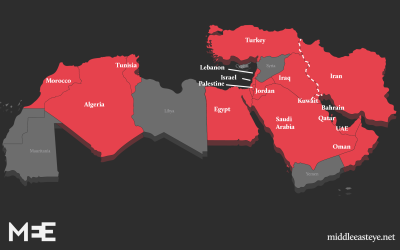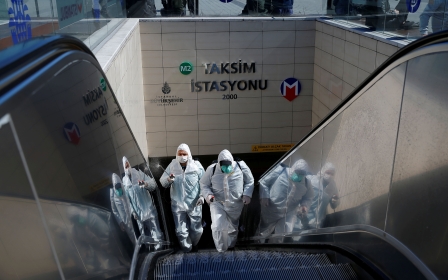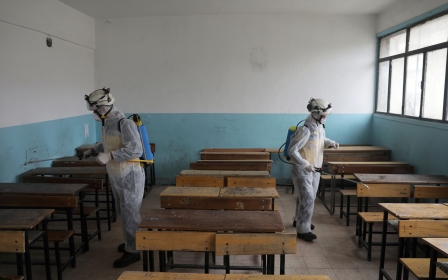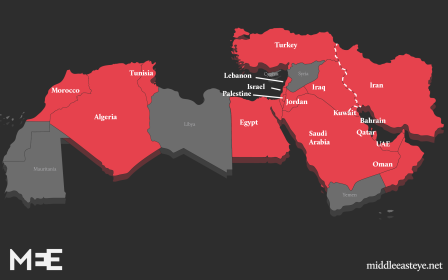Coronavirus: Turkey unveils $15.5bn stimulus package as retailers close shops
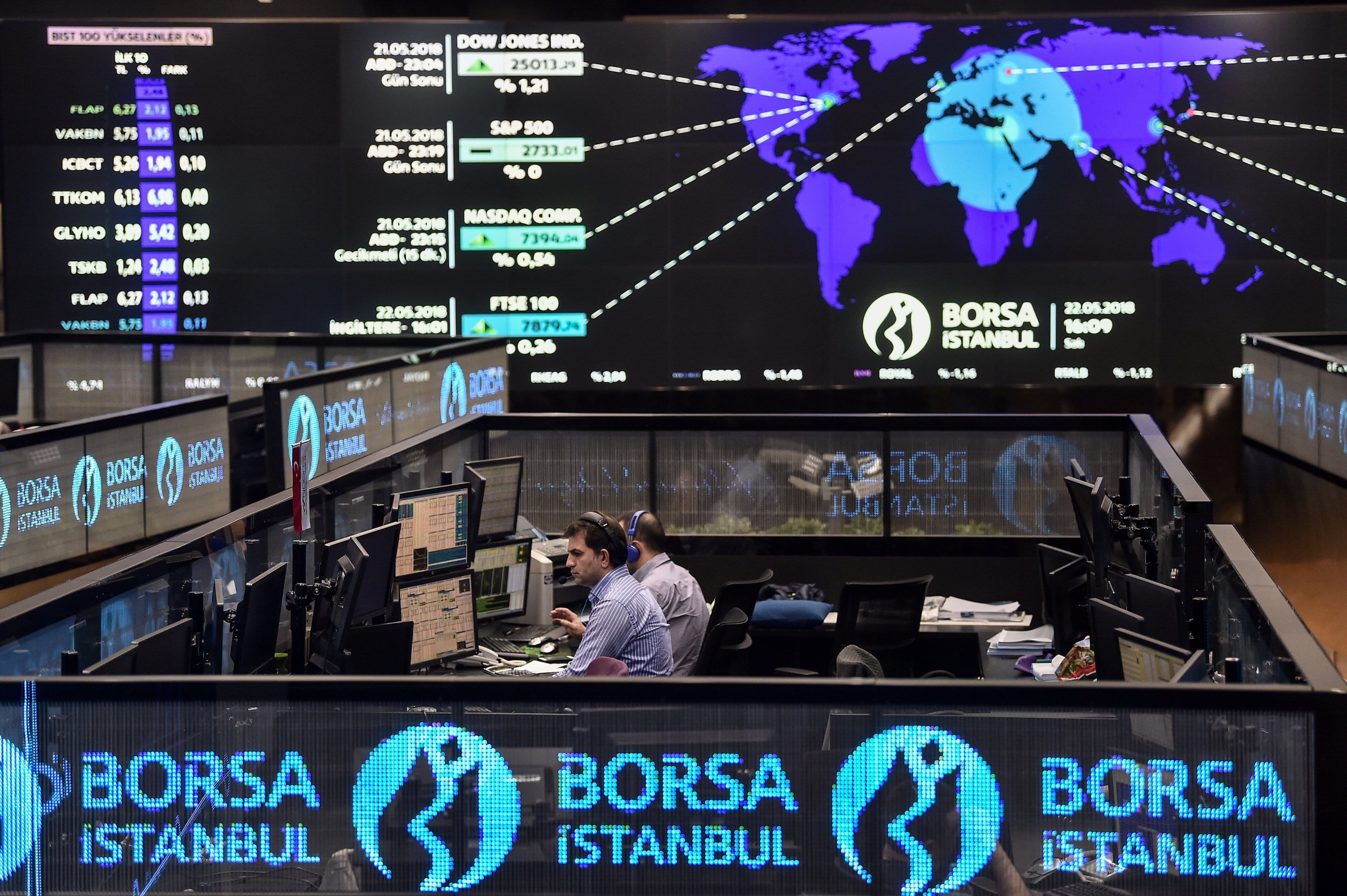
Turkish President Recep Tayyip Erdogan announced a $15.5bn stimulus package on Wednesday that seeks to revive the country's economy and ease financial burdens on businesses and individuals impacted by the coronavirus pandemic.
The measure comes as a range of clothing retailers said they would shut stores temporarily from Thursday and the country reported its second death, while cases of the illness had nearly doubled to 191.
Erdogan's 21-point plan, dubbed the Economic Stability Shield, aims to protect small businesses, exporters, employees and pensioners affected by Turkey's flagging economy.
The package was announced after more than three hours of meetings with relevant ministers and representatives of labour and business unions, chaired by Erdogan himself.
'I wholeheartedly believe that with God's help and our nation's support we will emerge stronger from this difficult period rather than stumble or fall'
- Turkish president
Erdogan said Turkey would try to adapt and position itself favourably in a time of crisis, which could trigger broad economic and social changes globally, especially considering Turkey’s production capabilities and lower oil prices.
New MEE newsletter: Jerusalem Dispatch
Sign up to get the latest insights and analysis on Israel-Palestine, alongside Turkey Unpacked and other MEE newsletters
"I wholeheartedly believe that with God's help and our nation's support, we will emerge stronger from this difficult period rather than stumble or fall," he said.
"Turkey may limit stay-at-home periods to three weeks if people follow the [necessary] measures."
According to Erdogan's plan, the Turkish government will increase the lowest pension payment to $231 (1500 TL) and divert an additional $308m (2bn TL) to households in need.
Coronavirus cases rise
The action plan includes a three-month deferral of loan payments by companies and will offer additional financial support to affected businesses. While VAT on domestic air travel was reduced from 18 percent to 1 percent for three months, accommodation tax will be cancelled until November.
Social security premiums will be deferred by six months for retail, iron and steel industries, shopping malls, automotive, entertainment and hospitality sectors, food and beverage businesses, textiles as well as event organisation sectors.
The government also pledged to pay holiday bonuses to pensioners in April and stock financing assistance to importers who are affected by the global pandemic.
Erdogan said social services would take care of individuals who are over 80 and live alone. "We are putting in place a periodic programme to provide healthcare at home for these individuals." he said.
Marc Pierini, a visiting scholar at Carnegie Europe, said on Twitter: "Turkey has a solid, very agile industrial sector. Given EU shortages, and after serving its own needs, Turkey's industry should massively boost production of critical medical supplies [respirators, test kits, masks, disinfectant gel] and export the surplus to EU."
Turkey announced its first death related to the novel coronavirus on Tuesday. The victim was an 89-year-old man who had been in contact with an employee with connections to China, Turkish Health Minister Fahrettin Koca told reporters during a news conference.
The minister reported on Wednesday the second death, a 61-year-old man, and said that cases jumped by 93 in one day, bringing the total tally to 191.
Turkey has already passed strict measures to curb an outbreak of the virus, including closing down schools, universities, mosques, and barring flights from more than a dozen different countries.
These include flights from the UK, Switzerland, Saudi Arabia, Egypt, Ireland and United Arab Emirates, adding to a list of already banned flights to and from nine European countries, including France, Germany, and Spain.
As of now, only restaurants with licences have been allowed to remain open.
Middle East Eye delivers independent and unrivalled coverage and analysis of the Middle East, North Africa and beyond. To learn more about republishing this content and the associated fees, please fill out this form. More about MEE can be found here.


